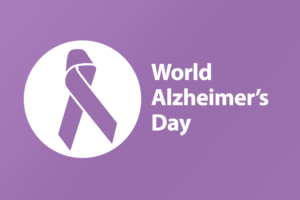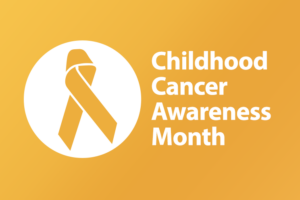Sarah Ford | January 27, 2014
Why Poverty is in the Eye of the Beholder in Appalachia
Source: NPR
President Lyndon B. Johnson went to eastern Kentucky in 1964 to promote his War on Poverty. But when he did, he opened a wound that remains raw today. People in the region say they’re tired of always being depicted as poor, so when NPR’s Pam Fessler went to Appalachia to report on how the War on Poverty is going, she was warned that people would be reluctant to talk. Instead, she got an earful.
Lee Mueller has lived in Martin County, Ky., for much of his life, and he covered President Johnson’s visit there as a young reporter. He says every few years since, more reporters have arrived.
“We became kind of the poster child for the war on poverty, and any time somebody wanted to do a story about poor people, we were the first stop,” Mueller says.
That’s meant some unwelcome attention over the years. News reports of kids struggling to survive among jobless, drug-addicted adults. Trailer homes, surrounded by trash.
Now here I was, another in a long line of unwelcome journalists. Michelle Harless, a high school guidance counselor, had one request when I interviewed her.
“I just ask when you portray us, please don’t portray us as ignorant hill folk, I guess,” Harless said. “Because we are educated. We’re poor, but we’re educated, and everyone’s pretty proud. It’s not a desolate place where no hope can be found.”
And indeed the county has lots going for it: well-paved roads, cheerful schools, beautiful mountains — albeit some have been strip-mined. And yes, there are trailers surrounded by trash, but also tidy suburban homes.
Even so, more than a third of the residents here are poor.
But poverty is also in the eye of the beholder.
Owen Wright of the Christian Appalachian Project, one of the non-profits that helps Slone, says that outside perception can hurt the self-esteem of the people who live in Appalachia.
Get Resources and Insights Straight To Your Inbox
Explore More Articles
Get Resources and Insights Straight To Your Inbox
Receive our monthly/bi-monthly newsletter filled with information about causes, nonprofit impact, and topics important for corporate social responsibility and employee engagement professionals, including disaster response, workplace giving, matching gifts, employee assistance funds, volunteering, scholarship award program management, grantmaking, and other philanthropic initiatives.




